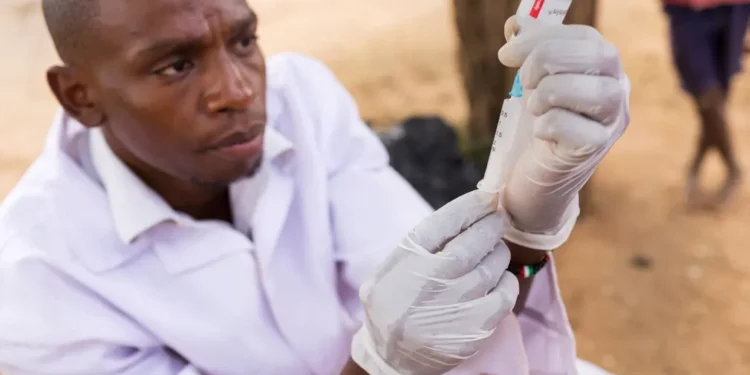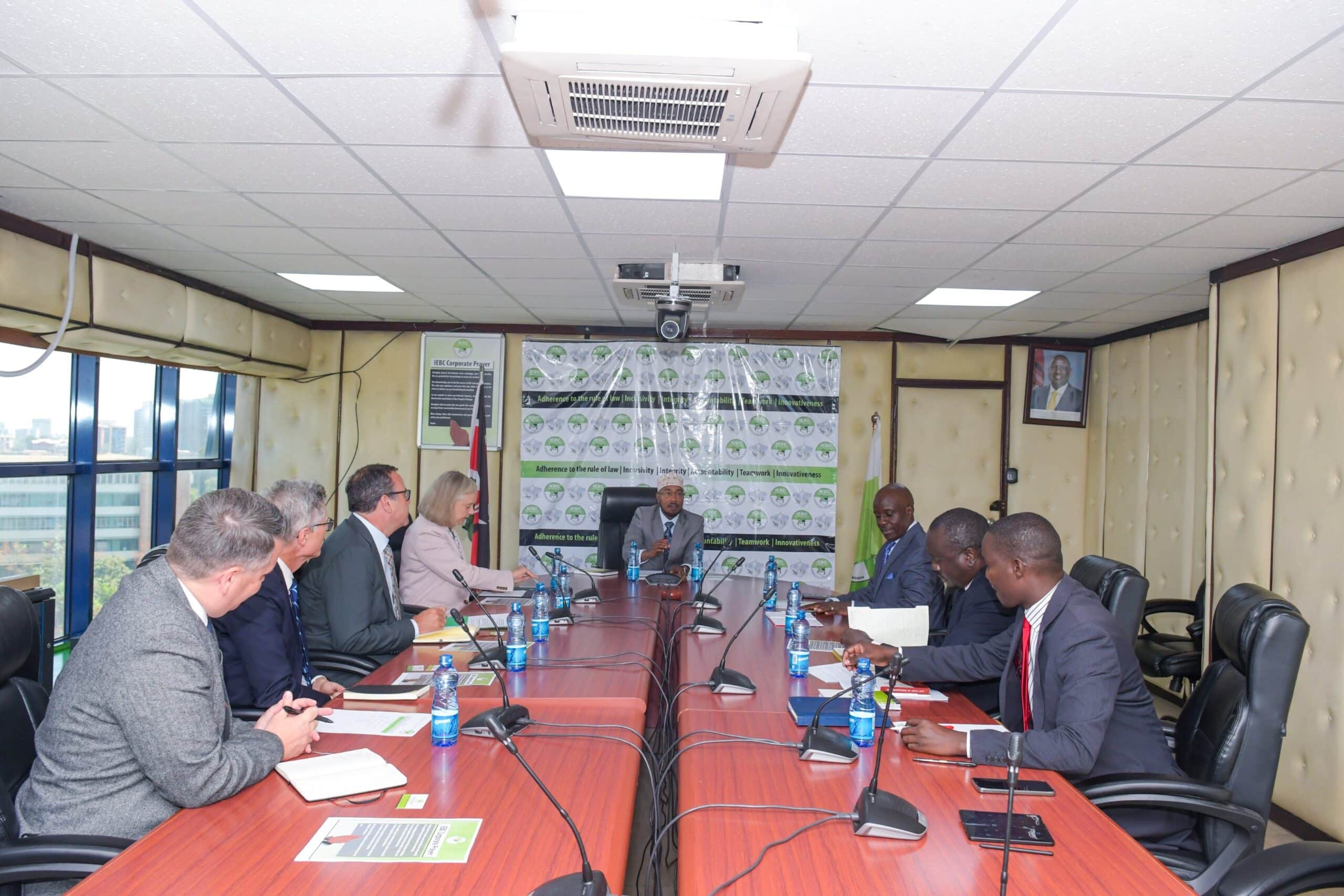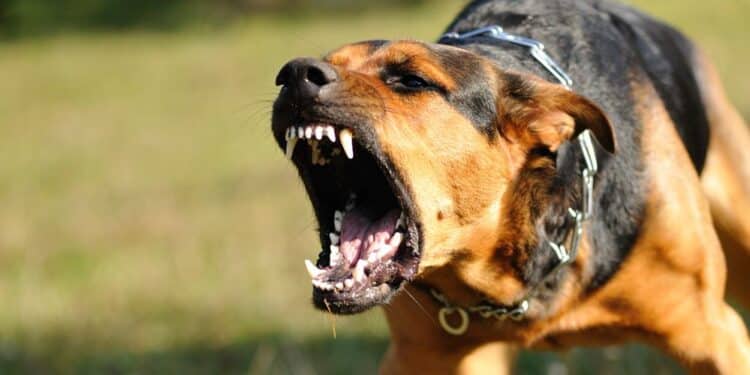In response to a concerning rise in rabies cases across Nairobi, the Kenya Society for the Protection and Care of Animals (KSPCA) has issued a warning to city residents.
Rabies, a viral disease primarily transmitted through bites from infected animals, particularly dogs, has been detected in various neighborhoods including Dagoretti, Lang’ata, Ruaka, Lavington, Kilimani, Karen, Ngong, Rongai, and Kibera.
KSPCA in a statement has emphasized the lethal nature of rabies and stressed the urgent need for preventive actions to protect both humans and animals.
“Rabies is a deadly disease. It is endemic in Kenya and kills up to 2,000 people a year. We are seeing an increasing number of cases around Nairobi,” noted KSPCA.
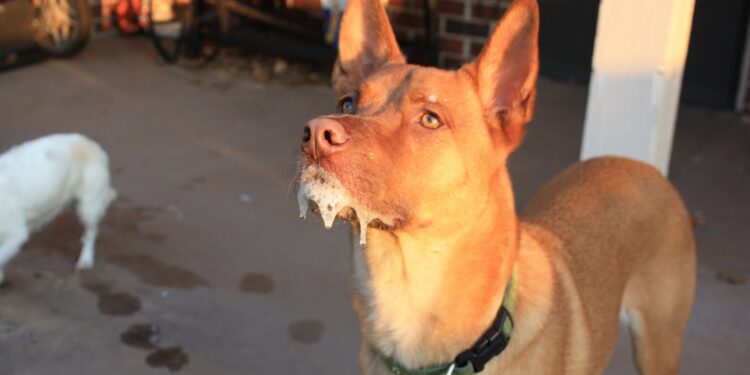
Symptoms of rabies
Rabies symptoms can vary, with some of the classic signs being fever, fits and seizures, foaming at the mouth or excessive salivation, staggering or paralysis, sensitivity to light, touch, and sound, abnormal behaviors, extreme licking at wounds or self-mutilation, and aggressive biting or snapping.
KSPCA has strongly advised residents to take proactive measures to protect their families and animals.
Also Read: Furious Mama Mboga Stabs Cow for Eating her Stock
“Rabies Kills, protect your family and your animals,” KSPCA said.
Additionally, pet owners have been advised to prioritize the vaccination of their animals as a critical measure in combating the spread of rabies.
One documented rabies incident by KPSCA
Residents are advised to seek immediate medical attention following any suspected exposure to the disease, as highlighted by a recent incident involving a Spitz-type dog that infected multiple individuals before succumbing to the illness.
The dog, which had been vaccinated but with outdated shots, fell ill and bit several people while being examined. The dog then succumbed to the disease, prompting medical treatment for those exposed.
This development serves as a reminder of the necessity for up-to-date vaccinations to effectively shield pets and the public from the dangers posed by rabies.
Preventive measures to safeguard against rabies
KSPCA’s stance extends beyond pet owners, urging all individuals likely to interact with animals to consider vaccination against rabies as a preventive strategy.
“Rabies can enter the body through contact with an infected animal, not necessarily through a bite. Therefore, it is crucial not to handle animals that have not been confirmed as vaccinated.”
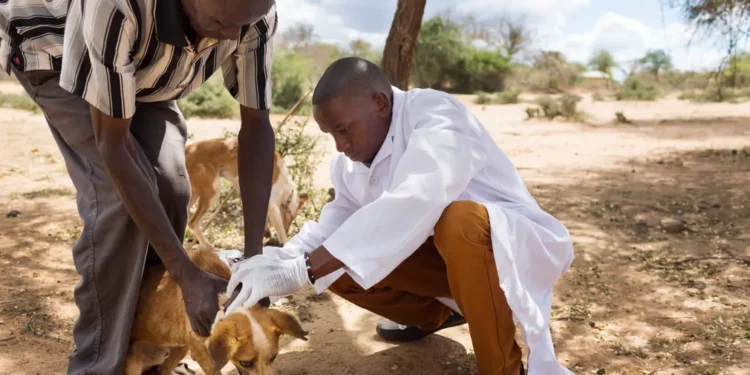
In the event of suspected exposure, individuals are strongly advised to seek urgent medical advice, while those who believe their animals may have been exposed should isolate the animal and seek immediate veterinary advice.
With no cure available for rabies, the organization has recommended annual vaccinations for animals using qualified and registered vets.
Additionally, prompt medical consultation for pets showing signs of illness is strongly recommended, emphasizing the significance of early detection and treatment in mitigating the risks associated with rabies.
Call to action
Furthermore, KSPCA has urged the public to remain vigilant and take swift action if they believe they have seen an animal with rabies.
Also Read: Alfred Mutua Addresses Hyena Attacks After Kenyans Were Asked to Talk to Them
“Stay vigilant, report any suspicious animal behavior to our emergency line at 0733 571125.”
“Let’s work together to curb the spread of rabies and keep our community safe,” said the agency.
By adhering to these guidelines, residents can play an important role in safeguarding their families, pets, and the wider community from the deadly consequences of rabies.
